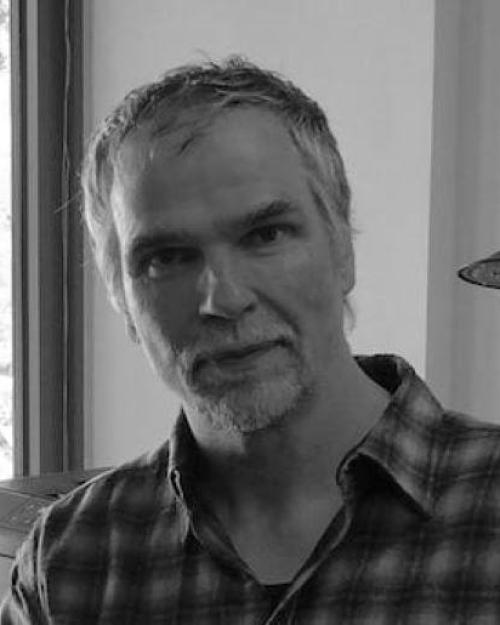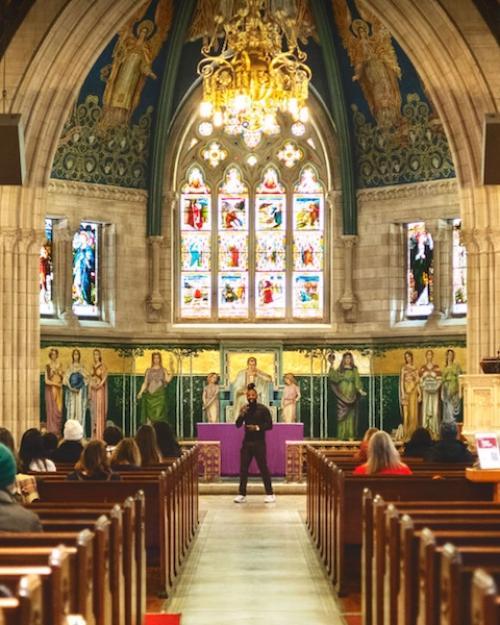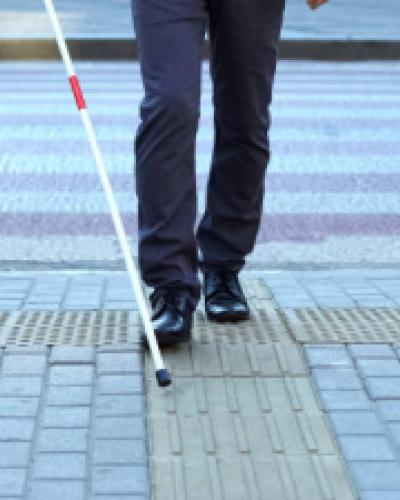“Many of us who are disabled are not particularly likeable or popular in general or amid the abled. Ableism means that we–with our panic attacks, our trauma, our triggers, our nagging need for fat seating or wheelchair access, our crankiness at inaccessibility, again, our staying home–are seen as pains in the ass, not particularly cool or sexy or interesting. Ableism, again, insists on either the supercrip (able to keep up with abled-bodied club spaces, meetings, and jobs with little or no access needs) or the pathetic cripple. Ableism and poverty and racism mean that many of us are indeed in bad moods. Psychic difference and neurodivergence also mean that we may be blunt, depressed, or ‘hard to deal with’ by the tenants of an ableist world.”
A short excerpt from Leah Lakshmi Piepzna-Samarasinha’s essay, “Making Space Accessible is an Act of Love for our Communities,” these words speak to a common experience among philosophers who identify as disabled–which I am using as an inclusive term to additionally capture those who identify as crip, Deaf, chronically ill, sick, or Mad. The conception that we are a burden, a drain on resources, or somehow ungrateful for the intentions of abled-bodied philosophers to accommodate our needs is a familiar story, shared by so many friends and colleagues, and present in each of these real-life examples: a wheelchair-bound graduate student worried about the fact that the only accessible bathroom requires taking an elevator 10 floors below, Deaf and Hard of Hearing faculty members, ostracized by audism and the lack of captionists and interpreters at a conference in which they were invited to speak, and neurodivergent undergraduate students, trying to focus and participate in their summer program with few, short breaks and a long week of demanding intellectual discussions.
Each member of my community faces at least two sets of barriers. Firstly, there are the obvious physical or environmental barriers which might complicate or altogether impede participation in some event. Secondly, there is the social-emotional energy drain which stems from the constant worries about inaccessibility, needing to plan ahead, having to write so many extra emails to inquire about the dimensions of the hallways, the minutiae of transportation to and from locations, the acoustics of a room, the scents and perfumes worn by other participants, chronic flare ups of pain, or the unanticipated content which might trigger a trauma-based panic attack. These two sets of barriers, then, always exist in tandem to complicate our ability to teach, attend seminars, participate in conferences and workshops, or perform any number of the expected duties within the profession. This blogpost stands as one attempt to bridge this conversation from the perspective of someone who is directly and permanently affected by both sets of barriers.





